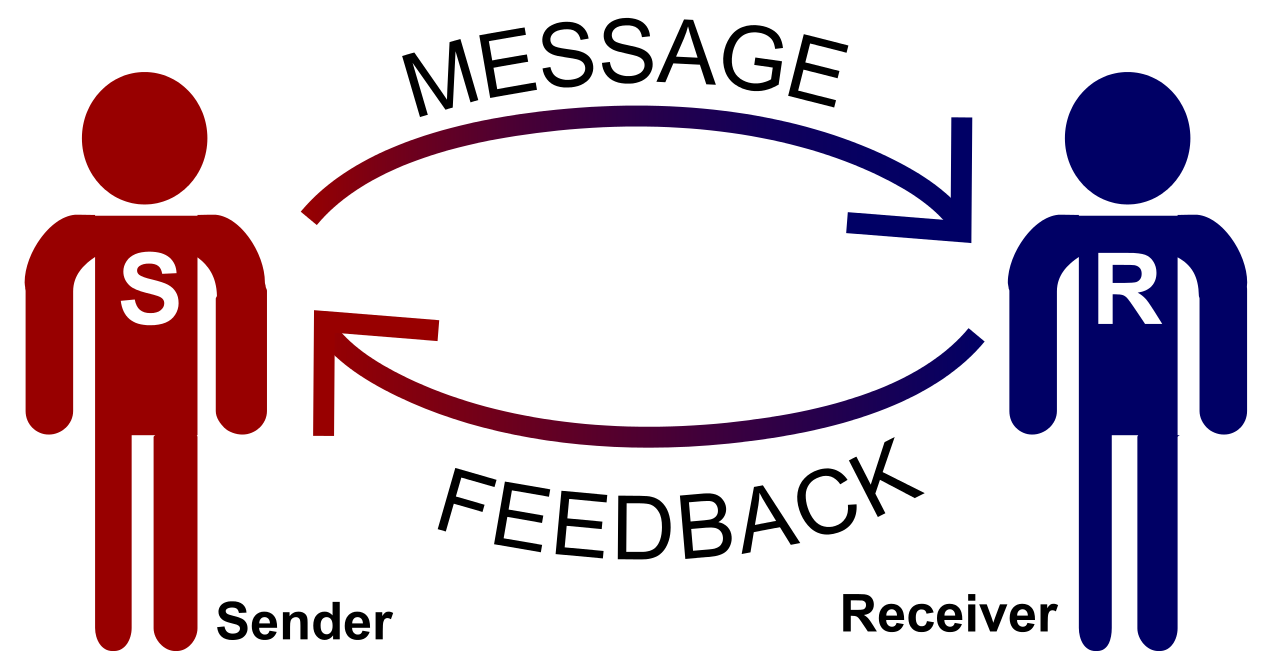(844) 5-SPEECH
What are pragmatic skills?
November 16, 2016
Pragmatic skills are the rules of social language. These skills play an important role in communication. An individual must use their pragmatic skills for the purposes of using language, changing language, and following rules. It is important that an individual knows how to use language appropriately in social situations in order to avoid conflict or harmful consequences.
Three major communication skills involved in pragmatic skills are: using language, changing language, and following rules. Different reasons for using language include: requesting, greeting, informing, demanding, and promising. An individual must be able to understand when they should be using a requesting statement than a commanding statement because the communication partner may not understand the needs of the situation if not appropriately asked. Changing language includes listening to the needs of the conversational partner or situation. For example, an individual should speak differently when they are at a concert than at the movies. Lastly, it is important for them to follow the rules of conversations and storytelling. For example, an individual must be able to take turns in conversation and maintain on topic.
Someone who struggles with understanding pragmatic skills may tell stories in a unorganized matter, mention unrelated topics to the conversation, and use inappropriate eye contact. If a loved one presents with some of these issues it may be beneficial to consider their social language use and age to identify if a pragmatic disorder is present. Addressing pragmatic issues early can help a child with increased social acceptance as well as prevent peers from ignoring having conversations with them.
Some suggestions to help develop pragmatics skills include: providing appropriate models to increase their syntactic complexity, role playing social situations to increase conversational abilities, explaining the use of nonverbal signals to understand feelings, and commenting on topics to encourage participation while staying on topic. Practicing reoccurring social situations is a good way for individuals with pragmatic disorder to learn how to appropriately use their language skills.
Kimberly Chirco MA CF-SLP, TSSLD

Sources:
Pragmatic Language Tips – ASHA. (n.d.). Retrieved October 21, 2016, from http://www.asha.org/public/speech/development/PragmaticLanguageTips/
Social Language Use (Pragmatics) – ASHA. (n.d.). Retrieved from http://www.asha.org/public/speech/development/Pragmatics/
Recent News

Did What You Hear Make Sense?
March 3, 2025

The Importance of Early Intervention
January 27, 2025

How Parents Can Support Everyday Language Building
January 20, 2025

The Benefits of Support Groups for Adolescents Who Stutter
January 13, 2025

3 Common Misconceptions About Autism Spectrum Disorder (ASD)
January 6, 2025

What are Core Words?
December 30, 2024

